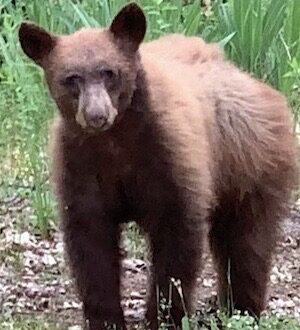Hippos in the Kitchen!
January 13, 2025
/
Keeping a hippopotamus in your kitchen, while it might sound whimsical or imaginative, is not feasible or safe for several reasons. Here are some practical considerations and realities:
Why It’s Not a Good Idea
- Size and Space:
- Adult hippos can weigh up to 3,000–4,500 kg (6,600–9,900 lbs) and measure 10–15 feet in length. They require vast amounts of space, far more than any kitchen could offer.
- Even a young hippo would outgrow a typical home within months.
- Dietary Needs:
- Hippos are herbivores that consume 80–150 lbs of grass daily. Your kitchen would not be able to accommodate the storage or preparation of their food.
- They also require access to water for hydration and aquatic vegetation, which your kitchen cannot provide.
- Behavior and Temperament:
- Hippos are one of the most dangerous animals in the world. They are highly territorial and can be aggressive, posing a risk to humans.
- Their powerful jaws can crush bones, and they wouldn’t hesitate to defend themselves if they feel threatened.
- Water Dependency:
- Hippos spend most of their time in water to regulate body temperature and maintain their skin’s moisture. A kitchen lacks the necessary water features or pools.
- Legal and Ethical Concerns:
- It is illegal in most countries to own a hippo as a pet due to their status as a wild and protected species.
- Keeping a hippo in a domestic setting would be unethical, as it would not meet their physical, mental, or environmental needs.
Imaginative Alternative
If you love the idea of a hippo in your kitchen, consider:
- Decorating your kitchen with hippo-themed art, utensils, or wallpaper.
- Keeping a plush toy or figurine of a hippo for a touch of whimsy.
- Supporting hippo conservation efforts to learn more about and protect these magnificent creatures in the wild.
The Bottom Line
While a hippo in the kitchen is a fun idea for storytelling or imagination, it’s not a practical or humane reality. Let’s keep these incredible animals in their natural habitats, where they can thrive!
4o
You May Also Like

Face to Face With My Power Animal: A Meeting of Souls
May 4, 2025